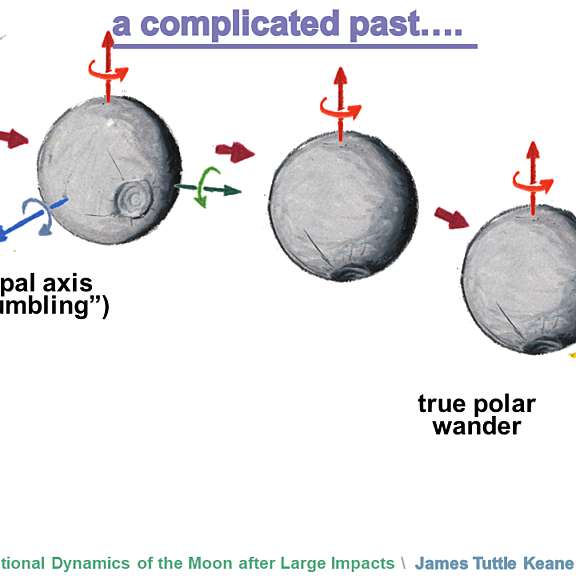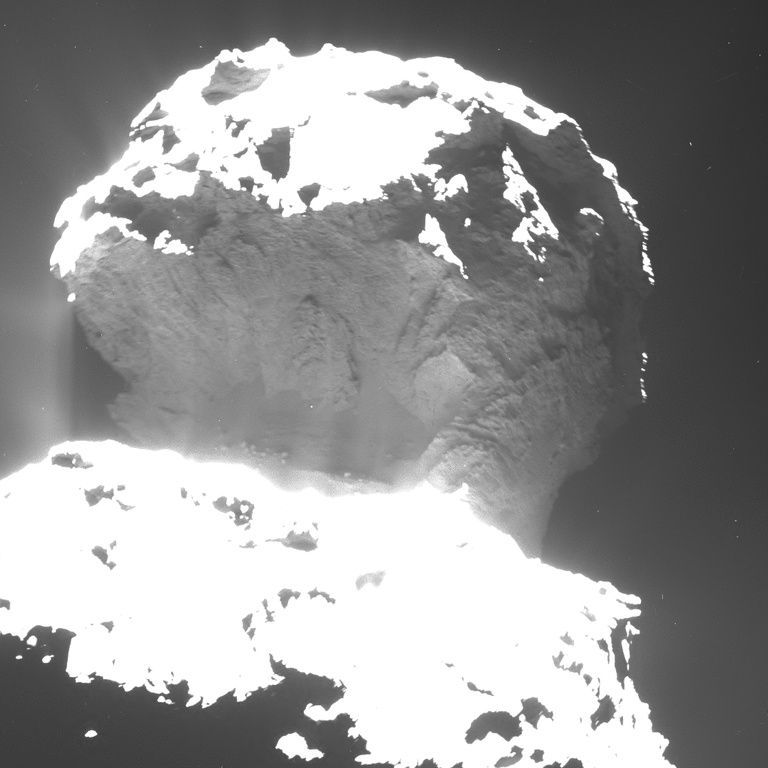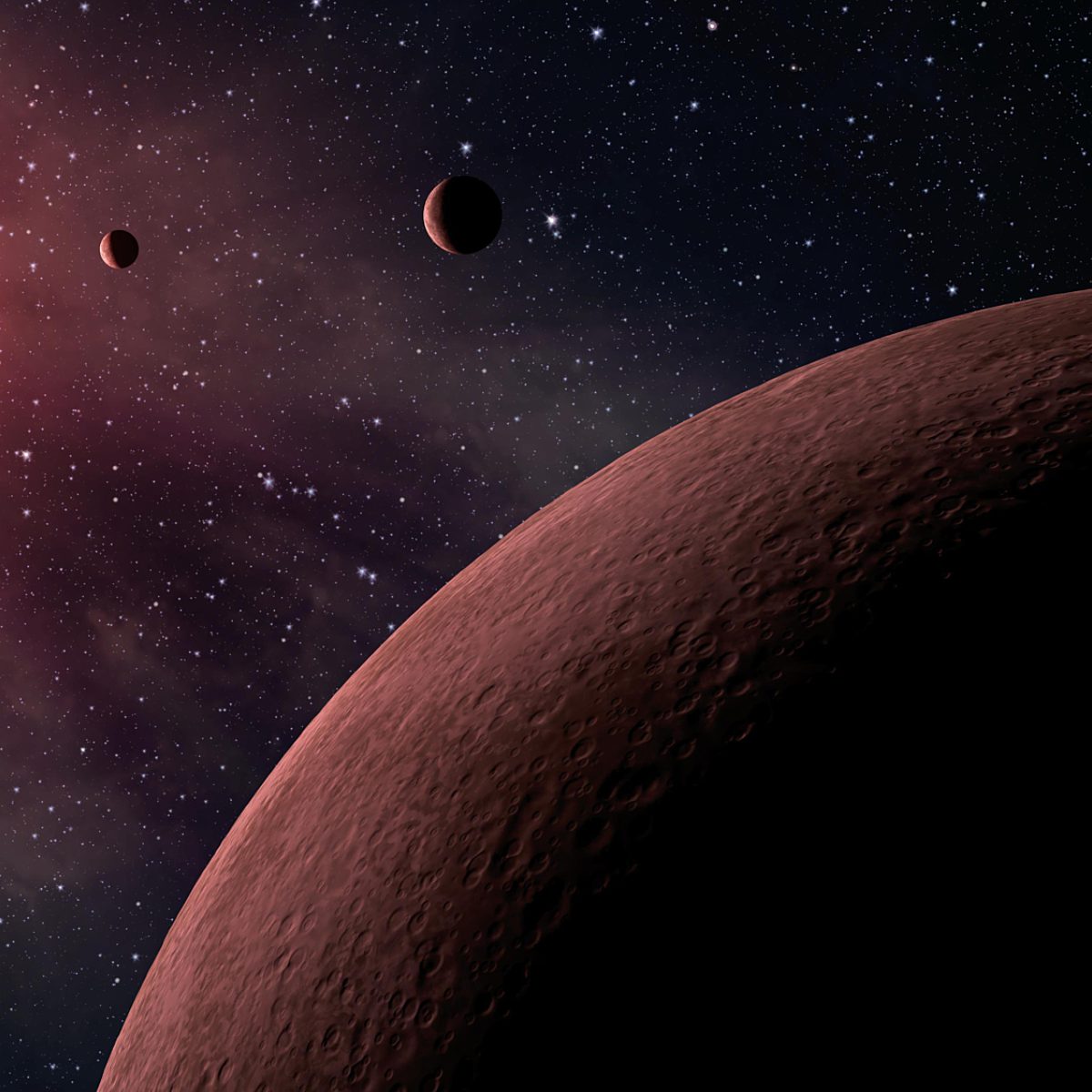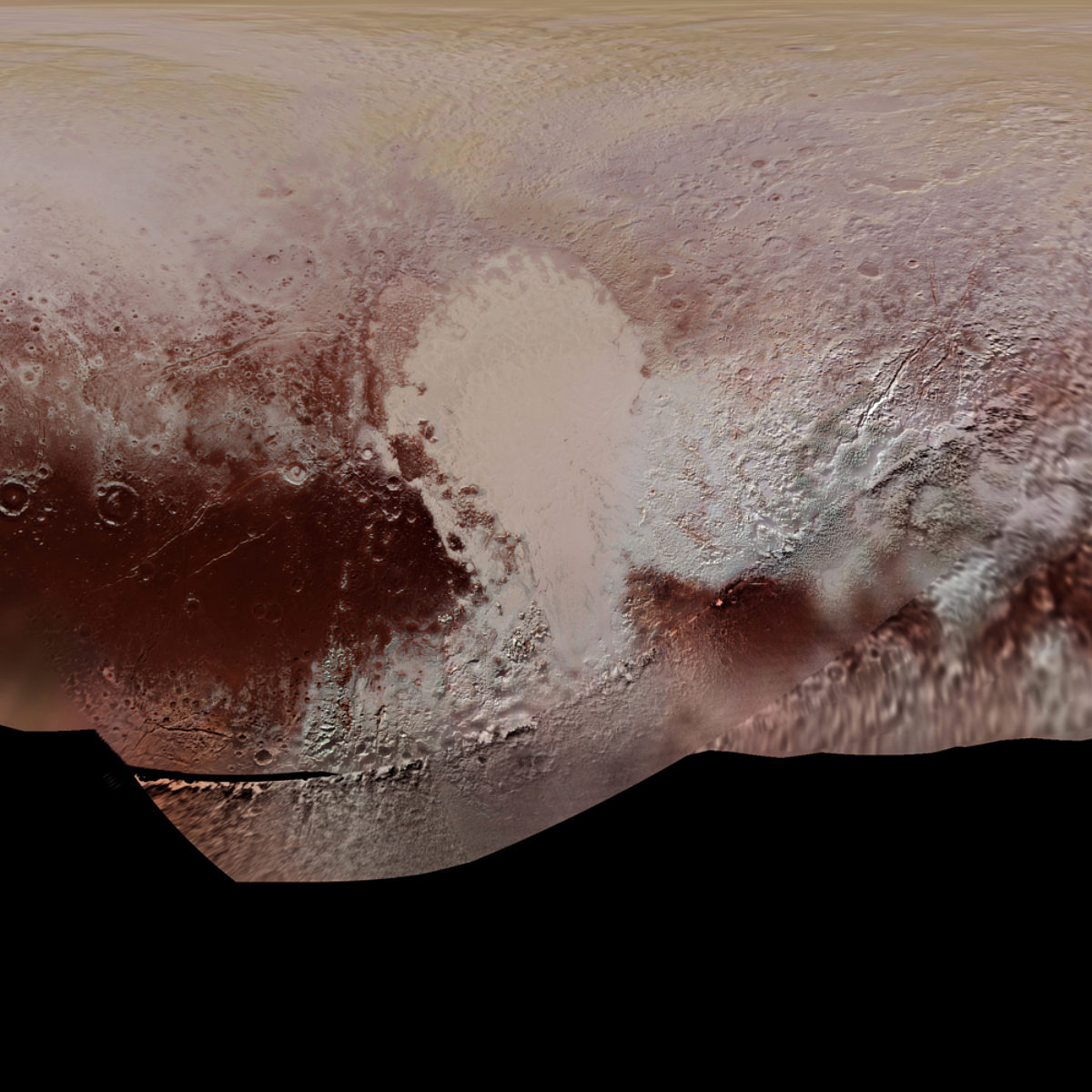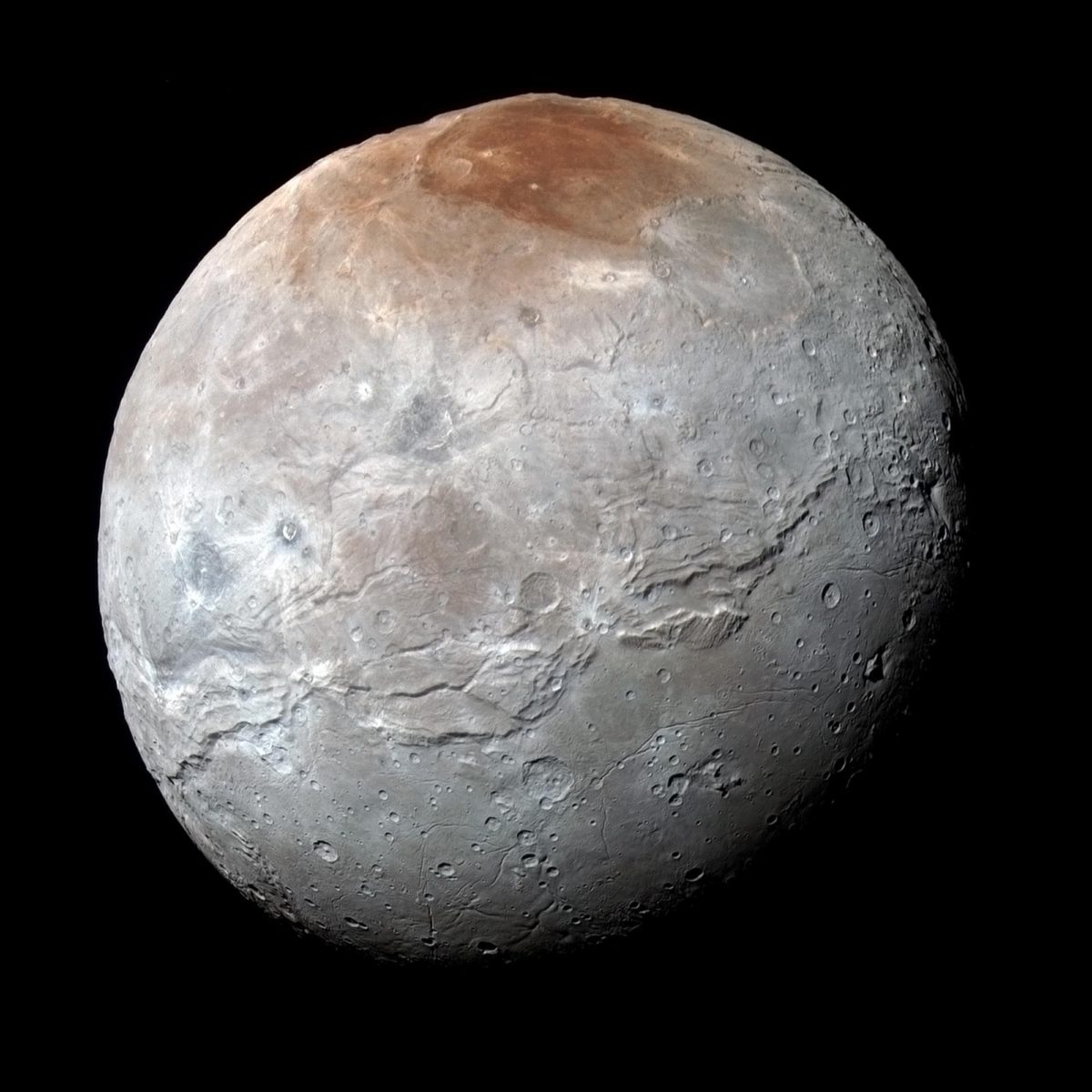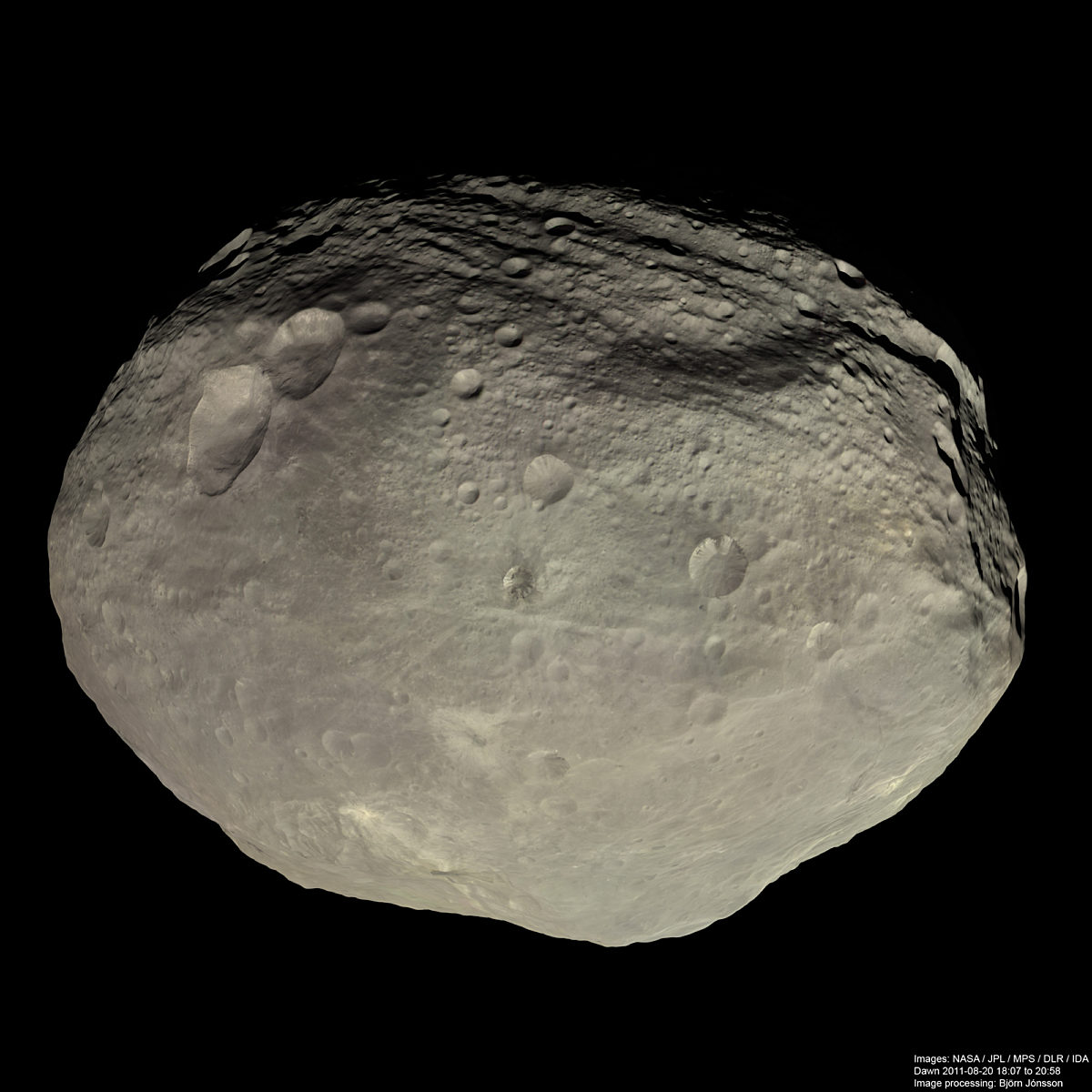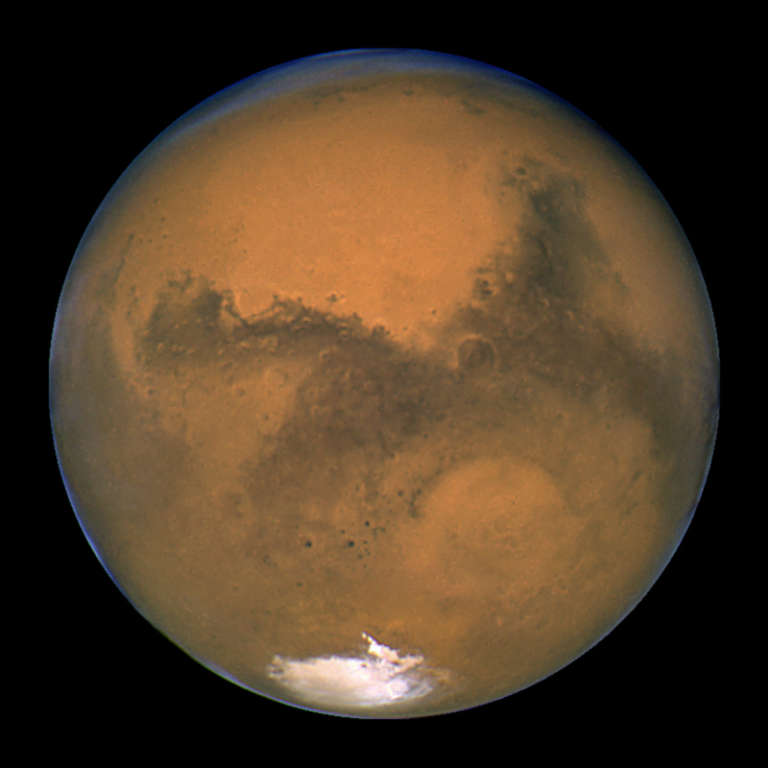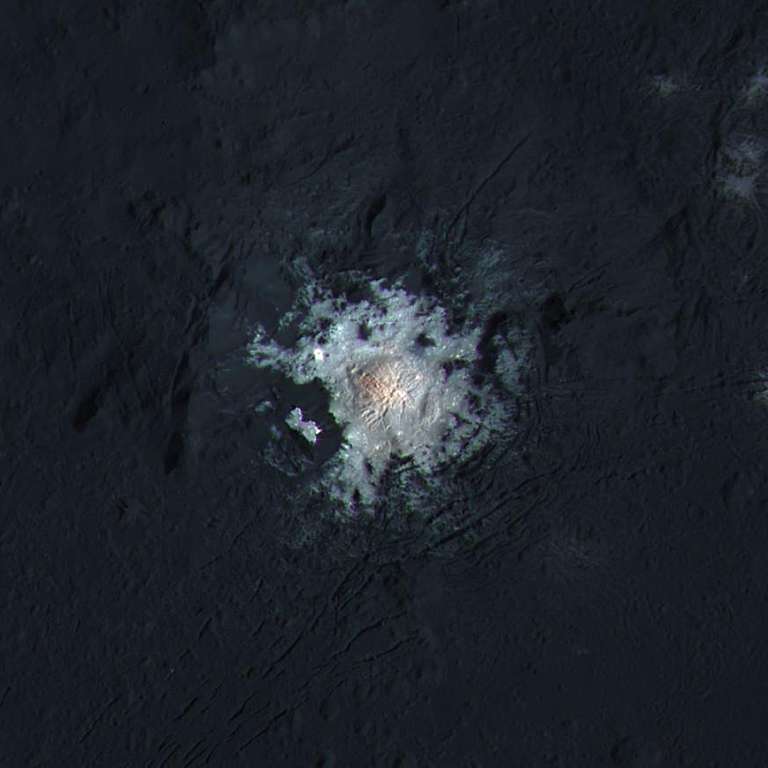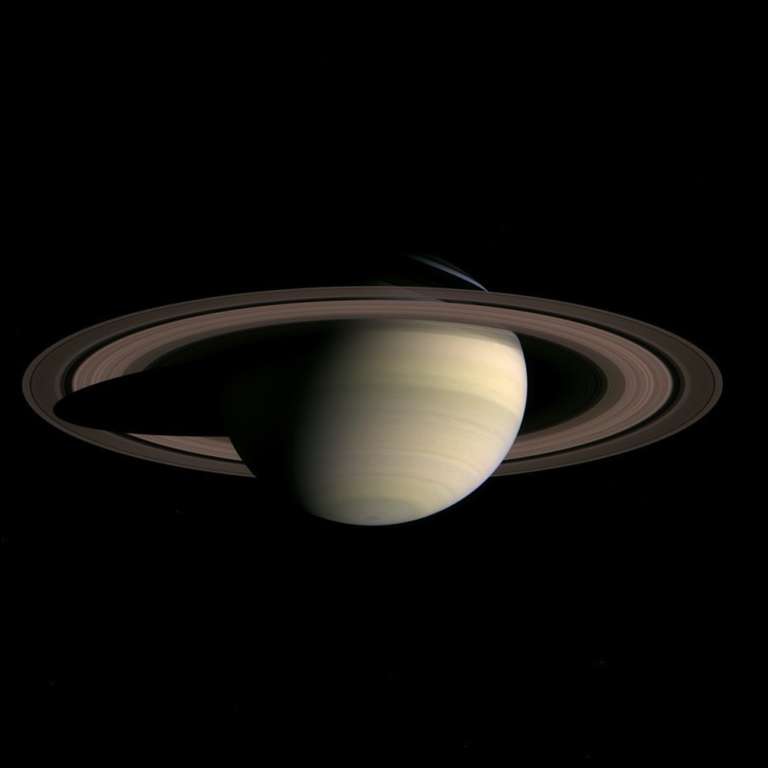All
All
Stories, updates, insights, and original analysis from The Planetary Society.
#DPS17: The Moon's Giordano Bruno crater through many eyes
Today's story from the Division for Planetary Sciences meeting looks at one youthful rayed crater on the Moon from many different spacecraft.
#DPS17: Wobbling the Moon and art by James Tuttle Keane
James Tuttle Keane is increasingly famous (among planetary scientists anyway) for his remarkable illustrated notes from conferences. Here's his work from the Division for Planetary Sciences meeting, illustrating both his own and others' research.
#DPS2017: Progress report on Mars Reconnaissance Orbiter images of comet C/2013 A1 Siding Spring
Three years ago, on October 19, 2014, comet C/2013 A1 Siding Spring passed within 138,000 kilometers of Mars. At the 2017 meeting of the Division for Planetary Sciences of the American Astronomical Society, we heard a progress report on Mars orbiter imaging of the comet's nucleus.
American R&D Policy and the Push for Small Planetary Missions at NASA
Planetary Society Policy Adviser Jason Callahan summarizes his paper he presented at the 2017 International Astronautical Congress in Australia, where he examined NASA's low-cost Discovery program and how federal policies directed at higher education initially bolstered planetary science into a viable field.
Postcard from the Space Symposium: Planetary Society outreach coordinator finds her place in space
The annual Space Symposium brings together space leaders from around the world to discuss, address and plan for the future of space.
Rosetta in the Rearview: What Have We Learned?
Just over a month ago the European Space Agency’s Rosetta spacecraft finished its mission by spectacularly diving into the comet 67P/Churyumov-Gerasimenko. How did it observations influence and alter our ideas about the typical formation and lifetime of a comet?
Dynamics of Exoplanet Systems
At this year’s Division for Planetary Sciences/European Planetary Science Congress meeting, the Exoplanet Dynamics session was packed full of talks on tightly-packed multi-planet systems and their instabilities.
DPS/EPSC update on New Horizons at the Pluto system and beyond
Last week's Division for Planetary Sciences/European Planetary Science Congress meeting was chock-full of science from New Horizons at Pluto.
DPS/EPSC update: 2007 OR10 has a moon!
The third-largest object known beyond Neptune, 2007 OR10, has a moon. The discovery was reported in a poster by Gábor Marton, Csaba Kiss, and Thomas Mueller at the joint meeting of the European Planetary Science Congress and the Division for Planetary Sciences of the American Astronomical Society (DPS/EPSC) on Monday.
Rapidly Rotating Regular Satellites and Tides
Pluto’s small moons have unusual rotation rates and states. Now we know a moon of another dwarf planet does as well. Is there a connection?
ESA opens its ears to citizens of Europe
In September, the European Space Agency gathered 2,000 people around the continent to discuss their future in space.
New Horizons Science Team Meeting Report
On July 6 at Lowell Observatory in Flagstaff, Arizona, the science team convened at the place where Pluto was discovered. Ted Stryk reports from the meeting.
An Astronomer Learns to Make His CASE
Science in America depends on federal funding, yet many young scientists don't understand how the U.S. government decides to spend its money on science, nor are they encouraged to use their new degrees to advise the process. This is changing with support from the American Association for the Advancement of Science.
LPSC 2016: The Moon Keeps on Giving
There was no shortage of interesting lunar science talks at last month’s Lunar and Planetary Science Conference. Dr. Ryan Clegg-Watkins highlights some of the interesting results for us.
LPSC 2016: Differentiated meteorites provide a glimpse of the early solar system and planets
This year's Lunar and Planetary Science Conference included a session devoted to a group of rocks from space called differentiated meteorites, and their proposed parent bodies.
LPSC 2016: Icy Satellite Science
This year’s Lunar and Planetary Science Conference devoted two oral presentation sessions to questions related to icy satellites in our solar system. Jessica Noviello reports back from the conference.
LPSC 2016: Martian Geomorphology
Scientists showcased a wide range of features and processes on Mars' surface at last week's Lunar and Planetary Science Conference.
LPSC 2016: So. Much. Ceres.
At last week's Lunar and Planetary Science Conference, I enjoyed a large number of talks about Ceres. Now in its Low-Altitude Mapping Orbit, Dawn is showering scientists with high-resolution, color data.
Looking Forward to the 2016 Lunar and Planetary Science Conference
If it's March, it's time for LPSC, the Lunar and Planetary Science Conference. The 2016 LPSC runs from March 21 to 25; I'll be attending the first three days of it.
Capturing the Rhythm of Space: Insights from 47th DPS Meeting
The Division of Planetary Science (DPS) Meeting saw many exciting scientific discussions spanning the range of processes on different planetary bodies, as well as their replication in the laboratory and in models.


 Explore Worlds
Explore Worlds Find Life
Find Life Defend Earth
Defend Earth


 Sun
Sun Mercury
Mercury Venus
Venus Earth
Earth Mars
Mars Jupiter
Jupiter Saturn
Saturn Uranus
Uranus Neptune
Neptune Small Bodies
Small Bodies
